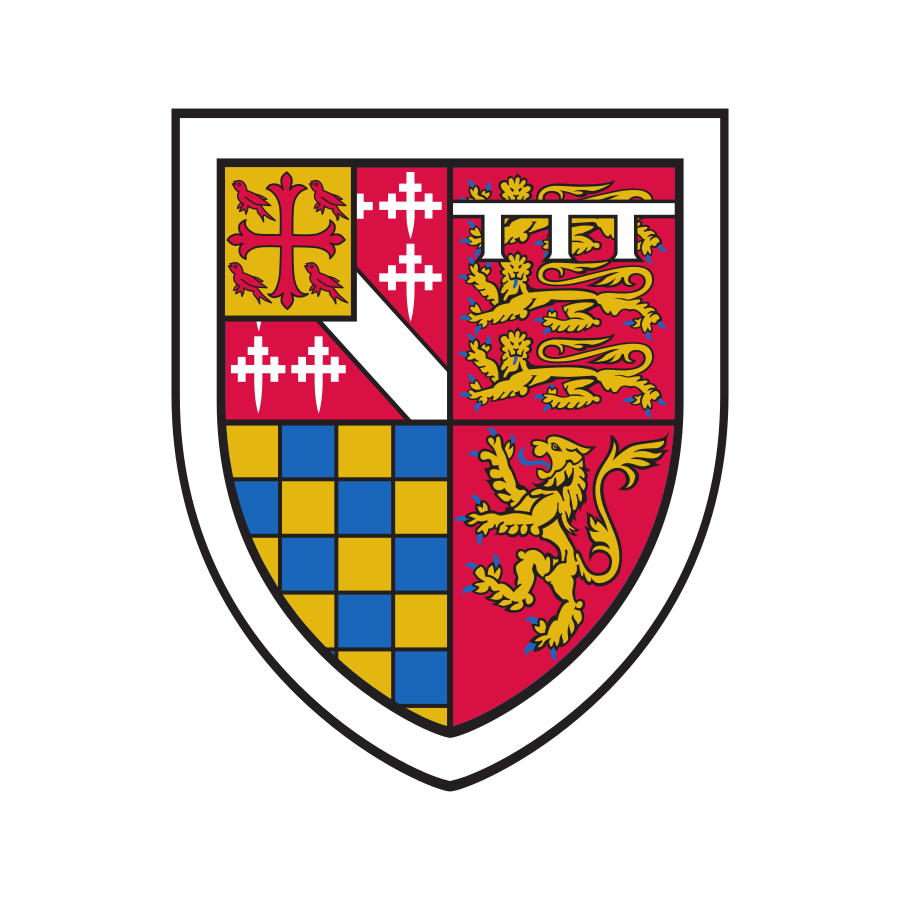Nicholas Lash, RIP
2020-07-15
Professor Nicholas Lash, Norris-Hulse Professor Emeritus of Divinity, former Fellow and Dean of St Edmund’s, died peacefully in the early morning of Saturday 11 July. His Requiem Mass will take place at Fisher House, the Catholic Chaplaincy to the University, on a date yet to be decided. He leaves Janet, his wife of 45 years, and their son, Dominic.
Nicholas Langrishe Alleyne Lash was born on 6 April 1934 in India, where his father was stationed in the Indian Army. He himself served in the British Army in the Royal Engineers from 1951-57, after which he trained for the priesthood at Oscott College, Birmingham. For five years he served as a curate in Slough, before becoming a Fellow of St Edmund’s in 1969 and Dean from 1971-75. He received permission to return to the lay state in 1976 and to marry Janet, his beloved wife. Their son, Dominic, followed four years later.
In 1978 he was elected to the Norris-Hulse Chair of Divinity, becoming the first Catholic since the Reformation to occupy a chair of divinity in either Oxford or Cambridge. He became an emeritus in 1999. From 1988 he was a Fellow of Clare Hall, becoming an emeritus there in 2001.
During the twenty-one years that Nicholas occupied the Norris-Hulse chair, he worked tirelessly to make the Cambridge theology faculty outstanding in its field. His colleague, Janet Soskice, professor of philosophical theology and a Fellow of Jesus College, says of him that he “brought to the post a Catholic and historical sensibility that made philosophy and philosophical theology at Cambridge distinct.” But he also brought humour and irony to his teaching. She tells how he once wrote the word “pain” on the blackboard and asked his undergraduates for their reflections. Sorrow and loss, trials and disappointments were their response. “No”, said Nicholas. “Why do you assume I was speaking English? I was speaking French. It’s bread!”
He wrote with passion, imagination and wit, his distinctive prose style lending a bracing quality to his writing. His probing critiques, always seasoned with charity, reached the marrow of difficult questions and often subverted intellectual pretension and false certainty.
Rowan Williams, Master of Magdalene, former Archbishop of Canterbury and colleague in the divinity faculty, says of Nicholas that he saw theology as a “critical ministry to and in the Church – both faithful and ‘faithfully dissatisfied’ with easy answers and political power games…He was refreshing, challenging, sometimes exhausting …a joy to know and a gift for anyone who wanted to learn how to think and speak better about the luminous mystery that remains real and active even in this world of silliness, failure, pain, greed and self-serving – the world Nicholas so
carefully kept in focus as he searched for the words that would somehow allow the saving truth to break through.”
On receiving an honorary doctorate from Durham University (he also held one from London), Nicholas said in his acceptance speech: Good work, in any academic discipline, requires a passionate concern for accuracy, for truthfulness; requires what it would not be in any way metaphorical to describe as reverence for the matter at hand.
Scholars and scientists of every kind are servants of the real, disciples of truth. Moreover, all good reasoning expresses and proceeds from prior commitments and beliefs and relies, at every step along the way, on believing – however cautiously and critically – the testimony of others engaged in this and similar collaborative enterprises. I
emphasise ‘collaborative’ because at the heart of the inadequacy of ‘science’ and ‘religion’ dichotomy, and of the imagined conflicts between ‘faith’ and ‘reason, is the failure to appreciate that all our intellectual enterprises are social enterprises, projects undertaken in community.
He lectured widely in America and in India and penned a dozen substantial books as well as three hundred and seventy essays, articles and reviews. In recognition of his contribution to academic theology, a Papal Knighthood
was conferred on him by Pope Francis in May 2017.
In his last book, a collection of university sermons, he says in a sermon preached in King’s College Chapel: In the light of Easter, the story of the world can be told as the story of an infinite loving without succumbing either to sentimentality or to illusory optimism. Not that the paradox is resolved by the Gospel.
On the contrary, it is sharpened. But paradox is often the only way in which human language can pay respect to divine truth.
May he rest in peace and rise in glory.
Alban McCoy
13 July 2020

